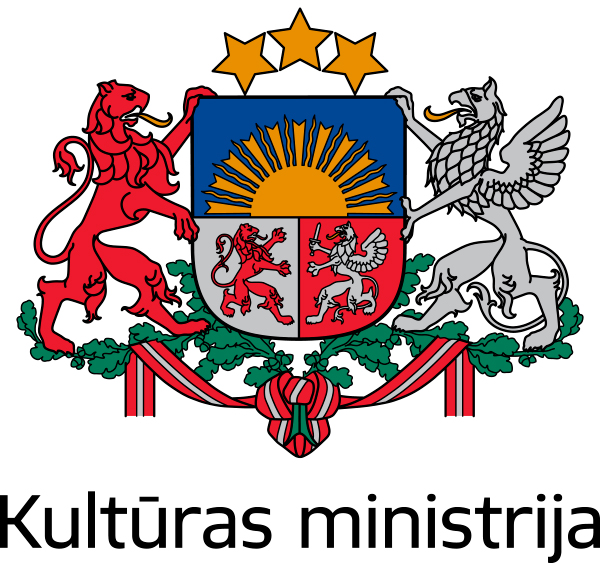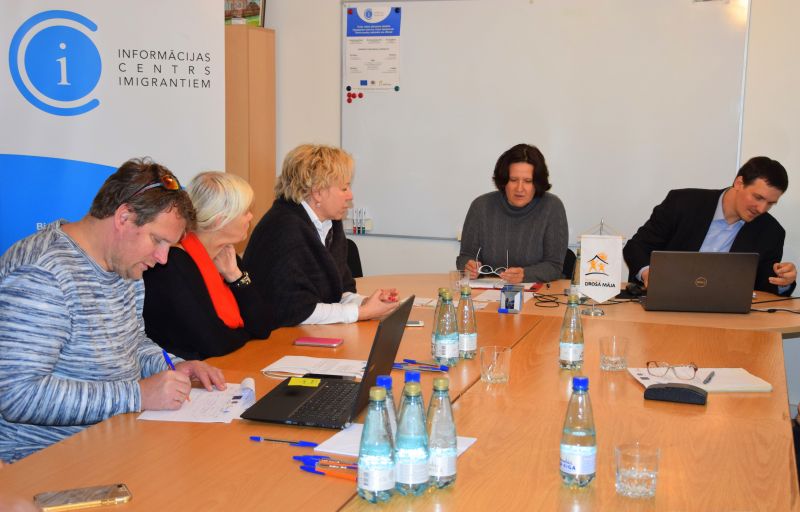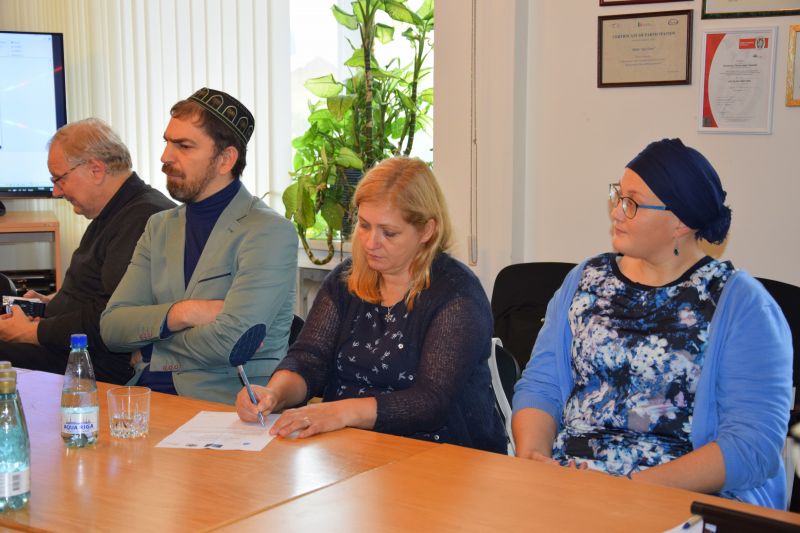The Ministry of Interior Sectoral Policy Department Policy Development Division Senior Desk Officer Sandis Barks (Sandis Barks) informed that in 2015 Latvia in a spirit of solidarity with other EU member states under the Action Plan and the European Union (EU) Resettlement Scheme undertook to admit 531 displaced persons in the course of two years — 295 from Greece, 186 from Italy and 50 from refugee camps in third countries (presently from Turkey). Up to this moment Latvia has admitted 346 persons or 65 % of the total target number of asylum seekers, mostly from Greece, and the process will continue. Presently the Ministry of Interior is working on the Report about Implementation of Measures under the Action Plan* together with all concerned ministries. S.Barks noted that the secondary movement of persons, who have obtained the status, and finding a dwelling for them are currently the main issues. These will be reflected in the report and a solution is being sought presently. “Unofficial estimates indicate that most of these persons have left Latvia after obtaining the status, and Latvia is unable to influence the process on its part. On two occasions German authorities have requested assistance in returning dislocated persons to Latvia. Presently no information is available on the number of people, who have returned to Latvia on their own.” He also informed that a parallel discussion and search for a solution in the matter of changes in legislation about provision of social guarantees to refugees and persons under subsidiary protection is under way.
During the NGO Dialogue Platform meeting two participating organisations informed the participants of the meeting about the launch of two large-scale integration projects.

Action Coordinator of Society “Innovation Support Centre” (“Inovāciju atbalsta centrs”) Inese Janisa (Inese Janiša) presented a report about activities launched in September under the "WE — in Latvia" project. The aim of the project is to provide integration courses to the target group in Riga and Latgale regions — up to 360 citizens of third countries legally staying in Latvia. The integration courses (28 academic hours) will include topics of current interest for immigrants` future life in Latvia. Courses are conducted by professionals, who work in public administration and in other fields. Courses are available in several languages. The project will also include three socializing events for participants to promote intercultural communication. Integration courses in Latgale region are organised in collaboration with other societies — "Ritineitis" (Balvi), “Latgolys entuziastu grupa “Biļdis” (Rezekne).
Representative of the Society “Cooperation Platform” (“Sadarbības platforma”) Ramils Kadirovs (Ramils Kadirovs) reported that integration courses under the Integration ABC - 2017 project have started in Riga, Daugavpils, Rezekne, Liepaja and Jelgava in September. These activities are aimed at inclusion of foreigners living in Latvia — third country citizens and immigrants — into Latvian society.
The next NGO Dialogue Platform meeting will take place in Riga, on 23 November. It will include an in-depth discussion of experience of local governments in Latvia in the field of social integration, their integration strategies, and sharing of the best practice and implemented integration projects.
*(to complete the task set in the Cabinet of Ministers extraordinary meeting minutes No. 41, Section 1, Paragraph 16 of 28 August 2017)
ICI was established on 18 May 2016, and it operates as a one-stop agency. It is funded by the Asylum, Migration and Integration Fund and co-financed by the European Union. Centre are ensured and developed by the Society “Shelter “Safe House””. Grant agreement No. PMIF/12/2016/1/1.
Information was prepared by: Agita Misāne, an adviser of the Society “Shelter “Safe House””, and Rasa Saliņa, Communications and Social Media Expert, mob. phone: (+371) 22026355, e-mail: rasa.salina@gmail.com








